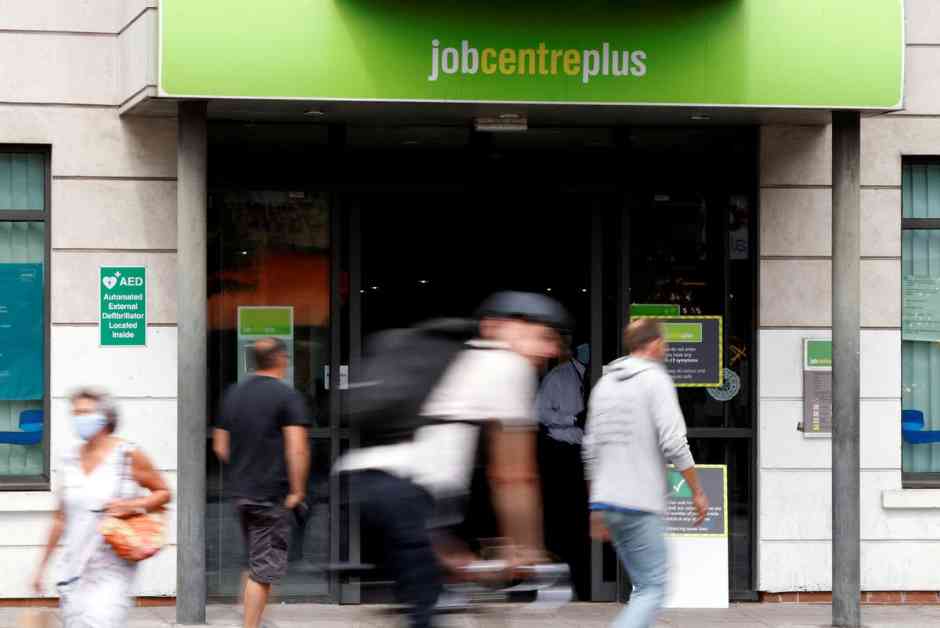Labour has announced plans to get more people back to work and reduce the benefits bill in the UK. Keir Starmer acknowledged that the country is facing challenges and needs to be fixed. The government is planning to replace Jobcentres with a new National Jobs and Careers Service and increase NHS staff in areas with high unemployment rates. There will be more employment and training opportunities for young people, and mayors will have additional powers to create their employment plans.
The ‘Get Britain Working Again’ white paper aims to bring over two million people back into work. Unemployment is at 1.5 million, and economic inactivity has risen to over nine million, with 2.8 million people out of work due to long-term sickness. This has been a significant factor in the increase in joblessness since the pandemic.
Keir Starmer stated that the current government inherited a country that is not working, and the new reforms aim to change that. The focus will be on helping people find work rather than monitoring benefit claims. While details on benefit sanctions for those who do not engage with the Department of Work and Pensions are not yet provided, Labour’s plan has faced criticism.
Labour MP Diane Abbott accused the prime minister of perpetuating the myth of benefit scroungers, and many are concerned about the impact of benefit cuts on vulnerable populations. Deven Ghelani of Policy in Practice believes that Labour’s approach is more aware of the challenges faced by those on disability benefits. The record number of people unable to work due to long-term sickness highlights the impact of austerity measures from previous Conservative governments.
The white paper also emphasizes the need to improve the NHS to prevent health issues that lead to economic inactivity. Labour has pledged significant funding to enhance the NHS and increase appointments. While the government has not provided details on health and disability benefit changes, a consultation will be released in the Spring, with a focus on including the perspectives of disabled individuals.
Despite commitments to reduce the welfare bill, concerns remain about potential reforms to disability benefit assessments. Welfare rights campaigners fear that cuts may still be implemented, despite promises to prioritize the needs of disabled individuals in the decision-making process. The plan to reduce the benefits bill aligns with Labour’s goal to address the challenges faced by those out of work and create a more inclusive and supportive system for all individuals in the UK.












